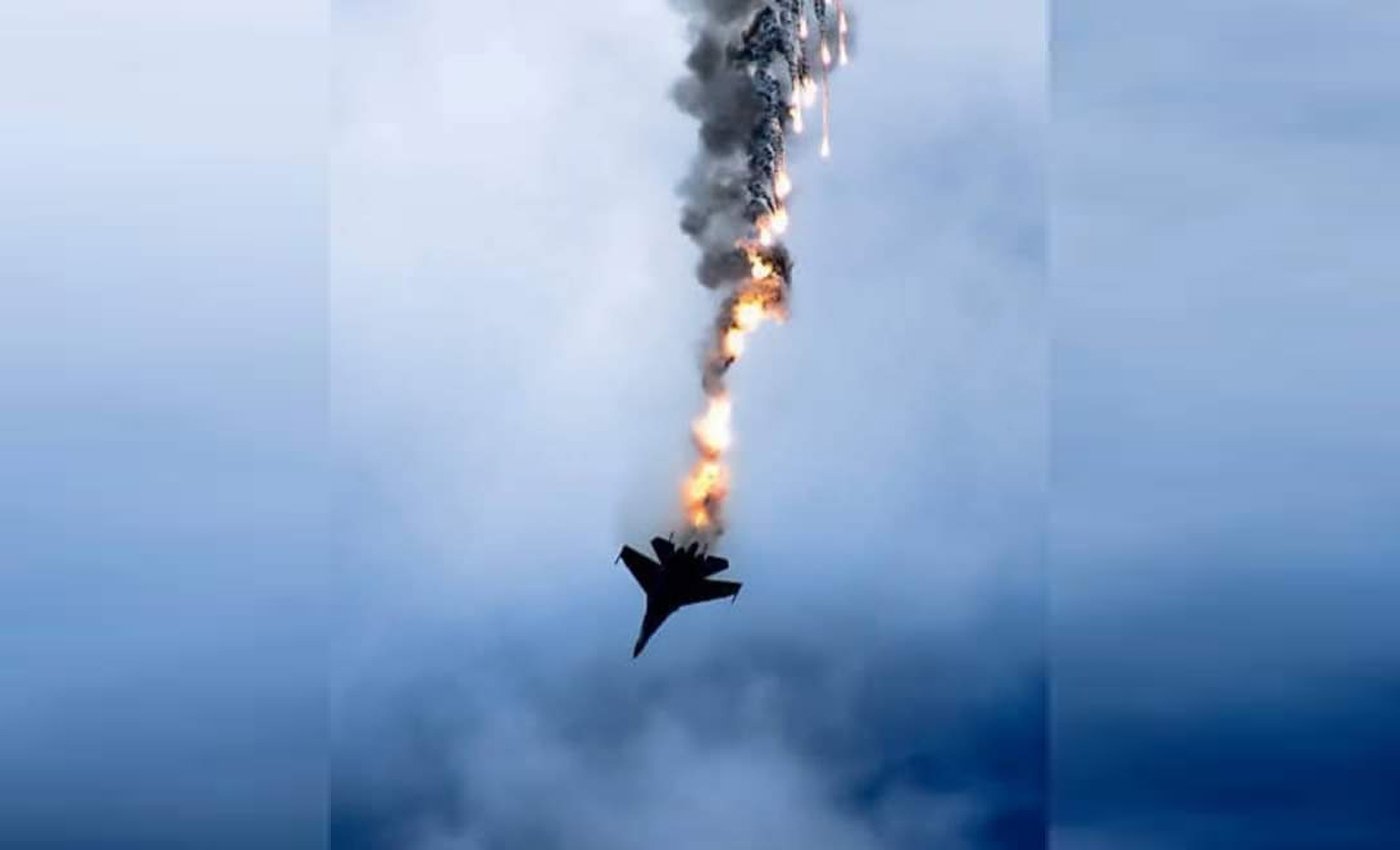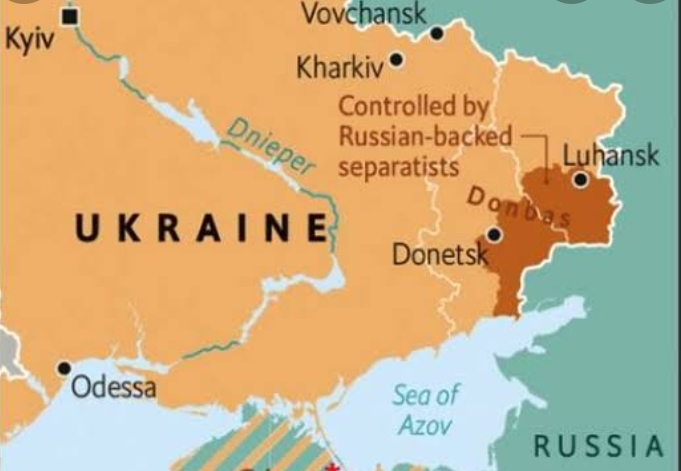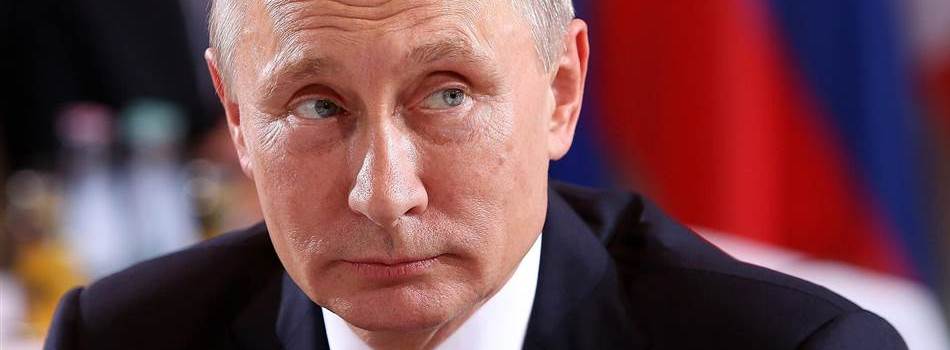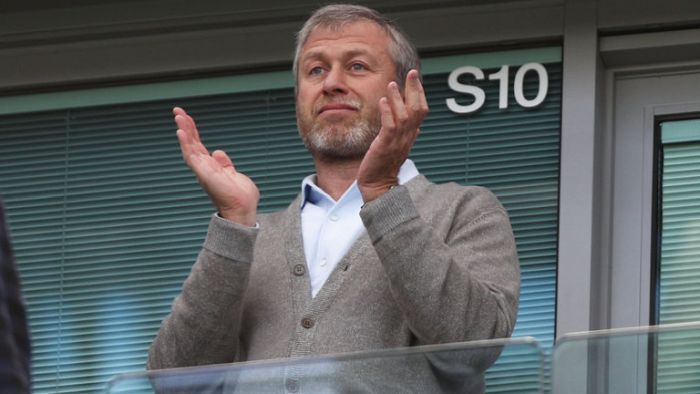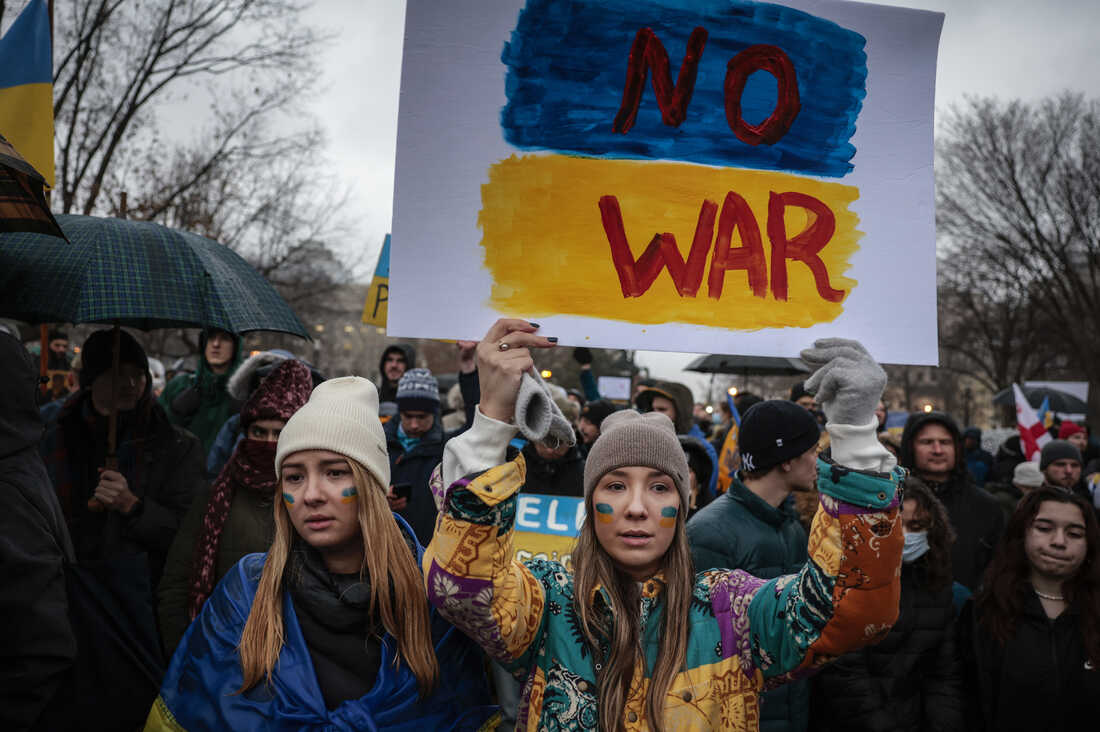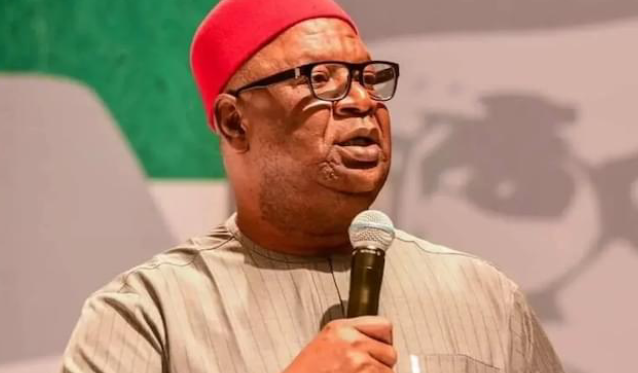Russian forces fired missiles at several Ukrainian cities and landed troops on its south coast on Thursday, right after Russian President Vladimir Putin authorised what he called a special military operation in eastern Ukraine.
Here is a timeline of the main events in Ukraine’s political history since it won independence from Moscow in 1991.
1991: Leonid Kravchuk, leader of the Soviet republic of Ukraine, declares independence from Moscow. In a referendum and presidential election, Ukrainians approve independence and elect Kravchuk president.
1994: Leonid Kuchma beats Kravchuk in a presidential election deemed largely free and fair by observers.
1999: Kuchma is re-elected in a vote riddled with irregularities.
2004: Pro-Russian candidate Viktor Yanukovich is declared president but allegations of vote-rigging trigger protests in what becomes known as the Orange Revolution, forcing a re-run of the vote. A pro-Western former prime minister, Viktor Yushchenko, is elected president.
1994: Leonid Kuchma beats Kravchuk in a presidential election deemed largely free and fair by observers.
1999: Kuchma is re-elected in a vote riddled with irregularities.
2004: Pro-Russian candidate Viktor Yanukovich is declared president but allegations of vote-rigging trigger protests in what becomes known as the Orange Revolution, forcing a re-run of the vote. A pro-Western former prime minister, Viktor Yushchenko, is elected president.
2005: Yushchenko takes power with promises to lead Ukraine out of the Kremlin’s orbit, towards NATO and the EU. He appoints former energy company boss Yulia Tymoshenko as prime minister but after in-fighting in the pro-Western camp, she is sacked.
2008: NATO promises Ukraine it will one day join the alliance.
2010: Yanukovich defeats Tymoshenko in a presidential election. Russia and Ukraine clinch a gas pricing deal in exchange for extending the lease for the Russian navy in a Ukrainian Black Seaport.
2013: Yanukovich’s government suspends trade and association talks with the EU in November and opts to revive economic ties with Moscow, triggering months of mass rallies in Kyiv.
2014: The protests, largely focused around Kyiv’s Maidan square, turn violent. Dozens of protesters are killed.
February 2014: The parliament votes to remove Yanukovich, who flees. Within days, armed men seize parliament in the Ukrainian region of Crimea and raise the Russian flag. Moscow annexes the territory after a March 16 referendum which shows overwhelming support in Crimea for joining the Russian Federation
April 2014: Pro-Russian separatists in the eastern region of Donbass declare independence. Fighting breaks out, which has continued sporadically into 2022, despite frequent ceasefires.
May 2014: Businessman Petro Poroshenko wins a presidential election with a pro-Western agenda.
July: 2014: A missile brings down passenger plane MH17 en route from Amsterdam to Kuala Lumpur, killing all 298 people on board. Investigators trace back the weapon used to Russia, which denies involvement.
2017: An association agreement between Ukraine and the EU opens markets for free trade of goods and services, and visa-free travel to the EU for Ukrainians.
2019: A new Ukrainian Orthodox church wins formal recognition, angering the Kremlin
Former comic actor Volodymyr Zelenskiy defeats Poroshenko in an April presidential election on promises to tackle corruption and end the war in eastern Ukraine. His Servant of the People party wins a July parliamentary election.
U.S. President Donald Trump asks Zelenskiy in July to investigate Joe Biden, his rival in the U.S. presidential race, and Biden’s son Hunter over possible business dealings in Ukraine. The call leads to a failed attempt to impeach Trump.
March 2020: Ukraine goes into its first lockdown to curb COVID-19.
June 2020: The IMF approves a $5 billion lifeline to help Ukraine stave off default during a pandemic-induced recession.
Jan. 2021: Zelenskiy appeals to Biden, now U.S. president, to let Ukraine join NATO.
Feb. 2021: Zelenskiy’s government imposes sanctions on Viktor Medvedchuk, an opposition leader and the Kremlin’s most prominent ally in Ukraine.
Spring 2021: Russia masses troops near Ukraine’s borders in what it says are training exercises.
Oct. 2021: Ukraine uses a Turkish Bayraktar TB2 drone for the first time in eastern Ukraine, angering Russia.
Autumn 2021: Russia again begins massing troops near Ukraine.
Dec. 7, 2021: Biden warns Russia of sweeping Western economic sanctions if it invades Ukraine.
Dec. 17: Russia presents detailed security demands including a legally binding guarantee that NATO will give up any military activity in eastern Europe and Ukraine.
Jan. 14: A cyberattack warning Ukrainians to “be afraid and expect the worst” hits Ukrainian government websites.
Jan. 17: Russian forces start arriving in Belarus, to the north of Ukraine, for joint drills.
Jan. 24: NATO puts forces on standby and reinforces eastern Europe with more ships and fighter jets.
Jan. 26: Washington presents a written response to Russia’s security demands, repeating a commitment to NATO’s “open-door” policy while offering “pragmatic” discussions of Moscow’s concerns.
Jan. 28: President Vladimir Putin says Russia’s main security demands have not been addressed.
Feb. 2: The United States says it will send 3,000 extra troops to Poland and Romania to help shield NATO allies in eastern Europe from any spillover from the crisis.
Feb. 4: Putin, at the Beijing Winter Olympics, wins Chinese support for his demand that Ukraine not be allowed to join NATO.
Feb. 7: French President Emmanuel Macron sees some hope for a diplomatic resolution of the crisis after meeting Putin in the Kremlin. Macron then visits Kyiv and praises the “sang-froid” of Zelenskiy and the Ukrainian people.
Feb. 9: Biden says “things could go crazy quickly” as the U.S. State Department advises Americans in Ukraine to leave immediately. Other countries also urge their nationals to leave.
Feb. 14: Zelenskiy urges Ukrainians to fly flags and sing the national anthem in unison on Feb. 16, a date some Western media say Russia could invade.
Feb. 15: Russia says some of its troops are returning to base after exercises near Ukraine and mocks Western warnings about a looming invasion. Russia’s parliament asks Putin to recognise as independent two Russian-backed breakaway regions in eastern Ukraine.
Feb. 18: U.S. ambassador to the Organisation for Security and Cooperation in Europe Michael Carpenter says Russia has probably massed between 169,000-190,000 personnel in and near Ukraine.
Feb. 19: Russia’s strategic nuclear forces hold exercises overseen by Putin.
Feb. 21: Macron says Biden and Putin have agreed in principle to a summit over Ukraine.
In a televised address, Putin says Ukraine is an integral part of Russian history, has never had a history of genuine statehood, is managed by foreign powers, and has a puppet regime. Putin signs agreements to recognise breakaway regions in eastern Ukraine as independent and order Russian troops there.
Feb. 22: U.S., UK, and their allies enact sanctions on Russian parliament members, banks, and other assets. Germany halts the final certification of the Nord Stream 2 pipeline that was still waiting for approval.
Putin, in a television address, demands Ukraine demilitarise and says the Minsk peace agreement over breakaway republics no longer exists, blaming Kyiv for killing the deal.
Feb. 23: Russian-backed separatist leaders ask Russia for help in repelling aggression from the Ukrainian army.
Feb. 24: Russian President Putin authorizes “special military operations” in eastern Ukraine and asks Ukrainian forces to lay down their arms in a televised address. Russian forces begin missile and artillery attacks on Ukrainian forces and air bases, striking areas in major cities.
